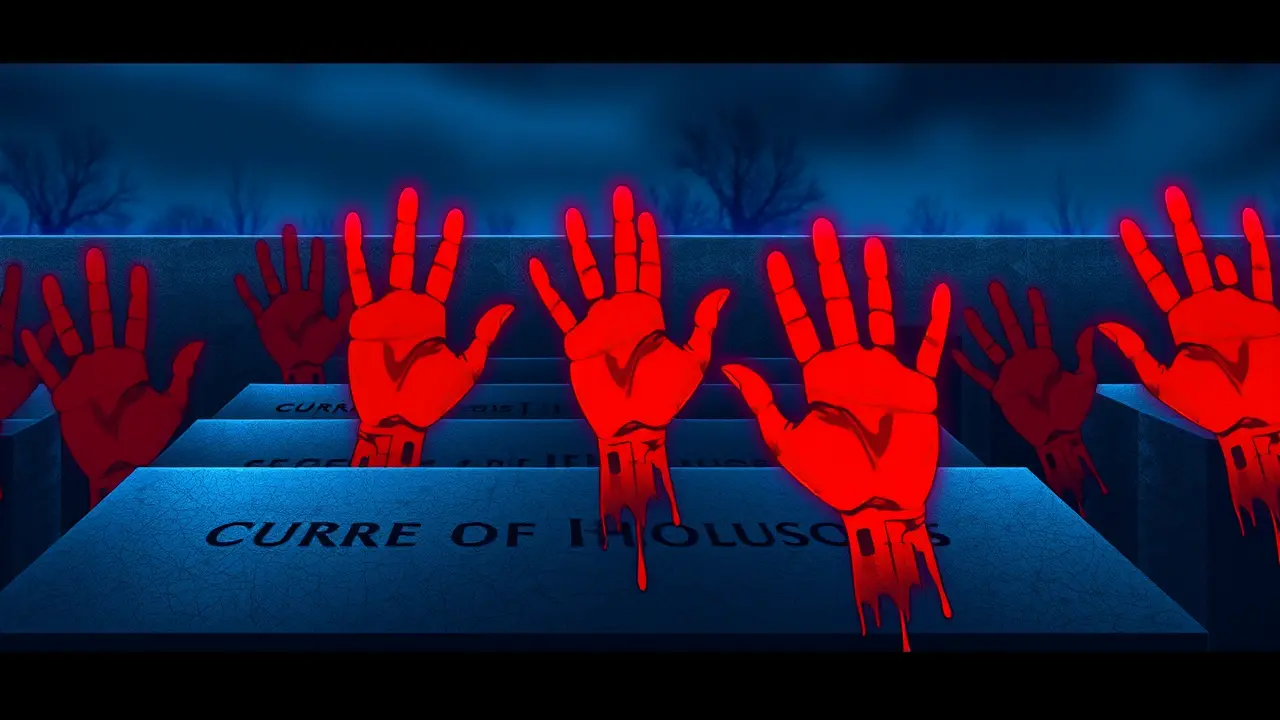
Politicsconflict & defenseCyber Warfare
Bulgarians jailed for vandalism in suspected Russian hybrid warfare case.
OL
Oliver Scott
2 days ago7 min read
The sentencing of three Bulgarian nationals for defacing France's Holocaust Memorial with red hand paintings represents far more than simple vandalism; it's a textbook case of modern hybrid warfare that geopolitical risk analysts have been warning about for years. This incident, which authorities are treating as a suspected Russian destabilization operation, follows a well-established Kremlin playbook of employing non-attributable proxies to sow social discord, test institutional resilience, and erode democratic cohesion within NATO member states.The calculated symbolism of targeting a memorial dedicated to victims of the Holocaust—specifically during a period of heightened European tension over Ukraine—wasn't random graffiti but a psychological operation designed to inflame ethnic tensions, provoke political backlash, and subtly undermine France's moral authority on the international stage. These red hands, eerily reminiscent of blood stains, were intended to trigger visceral reactions and media amplification, ultimately distracting Western governments from more conventional security threats while simultaneously probing for societal fractures that could be exploited in future operations.From a risk assessment perspective, this case demonstrates the evolving sophistication of Russian hybrid tactics, which have progressed beyond online disinformation campaigns to include tangible, on-ground actions carried by plausibly deniable assets—in this instance, individuals whose Bulgarian citizenship provides Moscow with additional layers of operational insulation. The strategic calculus here is coldly pragmatic: even if the perpetrators are apprehended, as they were, Russia achieves multiple objectives without direct fingerprints, including demonstrating capability to project power deep within EU territory, testing French law enforcement and judicial responses, and potentially gathering intelligence on counter-hybrid warfare protocols.Looking historically, this methodology echoes Soviet-era active measures, though updated for the digital age where the physical act serves primarily as content fuel for online amplification networks. The concerning evolution lies in the brazenness of targeting such a symbolically charged location, suggesting either increased confidence in operational security or a strategic decision that the propaganda value outweighs potential diplomatic fallout.For Western intelligence communities, this incident should trigger urgent recalibration of threat assessments regarding the vulnerability of cultural and memorial sites as hybrid warfare targets, particularly as Russia seeks new pressure points amid its conventional military struggles in Ukraine. The legal proceedings themselves become another battlefield—proving direct state sponsorship remains notoriously difficult, and the judicial system's focus on individual culpability often misses the larger geopolitical narrative. Future scenarios could see escalation toward more disruptive actions against critical infrastructure or electoral processes, using similar proxy networks, making this conviction not just a closed case but a critical data point in understanding our collective vulnerability to asymmetric threats that exist in the gray zone between war and peace.
#destabilization
#Russia
#France
#vandalism
#hybrid warfare
#featured
#Bulgarians
#Holocaust Memorial
Stay Informed. Act Smarter.
Get weekly highlights, major headlines, and expert insights — then put your knowledge to work in our live prediction markets.
Comments
It’s quiet here...Start the conversation by leaving the first comment.
© 2025 Outpoll Service LTD. All rights reserved.